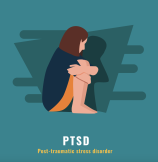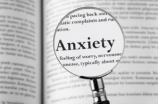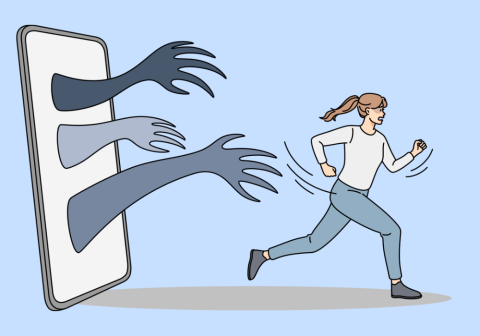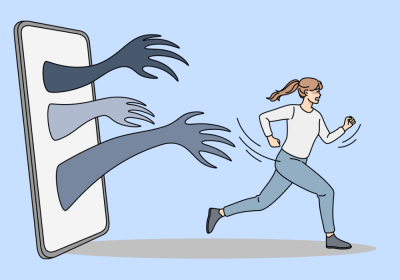Returning to School: Coping with Fears of School Shootings
Returning to School: Coping with Fears of School Shootings
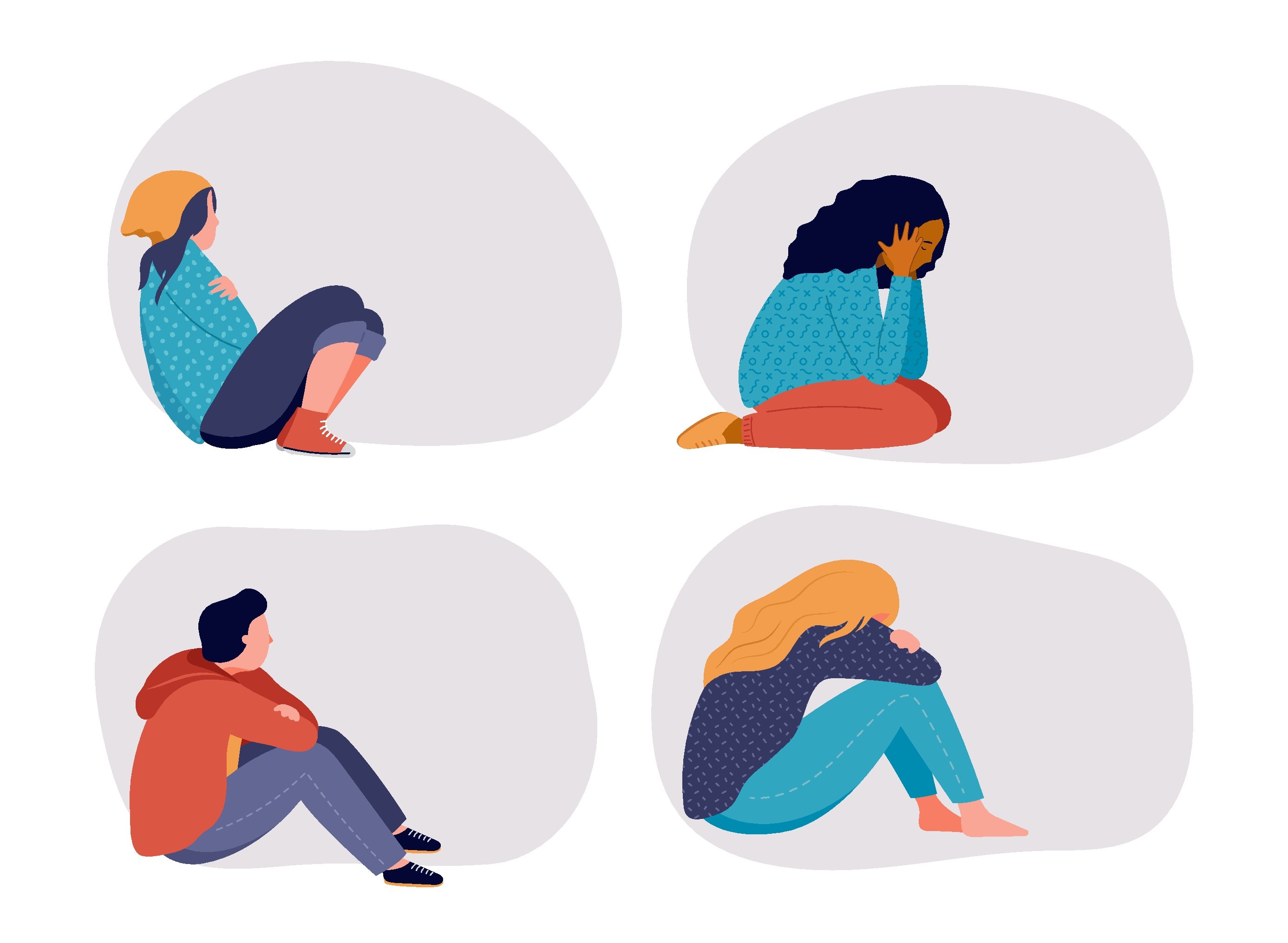
According to the Center for Homeland Defense and Security, there have been 2069 school shootings in the United States since 1970. A database maintained by The Washington Post indicates that more than 300,000 students have been exposed to school-based gun violence since the 1999 Columbine shooting. Given these numbers, it is not surprising that parents, students, and teachers/school staff are expressing concerns about safety at school. Students may engage in school refusal behaviors, parents/guardians may consider distance learning options, and teachers/school staff may think about changing careers. In fact, these behaviors are reflective of a larger trend we are seeing in the United States – people are worried about mass violence. Individuals are expressing hesitancy to attend crowded events, go to shopping malls, and return to movie theaters due to concerns about mass violence.
What can people do to cope with fears of school shootings?
1. Listen to and validate concerns about school shootings.
Given the number of school shootings and other mass violence events that have occurred, concerns about safety are a natural reaction. Parents/guardians should respond honestly about any thoughts or fears that children express, keeping in mind the age of the child. Parents/guardians and teachers/school staff should identify social supports (e.g., family members, friends, colleagues) with whom they can discuss their feelings. However, no one should fill pushed or forced to discuss how they feel. Find someone who will listen to what you say but not force you to say more than you want. Importantly, it is expected that different people will have different responses to school shootings. Feelings including anger, fear, sadness, and numbness are all normal responses.
2. Remember that school shootings are rare.
Media coverage extends long past the event, and the coverage reminds us of previous school shootings. As a result, it can be hard to keep in mind that the actual risk to an individual student or teacher/school staff member is low. To be clear, the only acceptable number of school shootings is zero; however, when we consider the number of schools in the United States, the number of school days, and the number of school shootings, we can see that school shootings are still rare occurrences.
3. Model and reinforce appropriate “brave” behaviors.
Parents/guardians can model brave behaviors by continuing to participate in community activities, and they can praise or provide other reinforcers for child engagement in these types of activities.
4. Limit media exposure.
Following mass violence events, including school shootings, media coverage is constant, with even minor updates resulting in new posts and news stories. Repeated exposure to the media content can exacerbate concerns about future school shootings. In particular, parents should limit their children’s exposure to media coverage, particularly videos depicting the actual event.
5. Identify activities for after media exposure and discussions about school shootings.
As noted above, discussions of feelings and thoughts about school shootings is recommended, if people want to discuss. No one should ever be forced to discuss their feelings about these types of events. However, following these conversations, it can be helpful to have engaging activities planned to help transition to new topics and reduce rumination on the distressing information. Such activities can include games, physical activities, puzzles, and preparing meals together. In the case of younger children, parents may wish to engage in one of these activities, during the discussion, as well as afterwards.
6. Learn about safety measures at your/your child’s school.
Are there visitor check-in procedures? Are school resource officers available? What are the reporting options for students of concern? What resources are available for students of concern? Parents/guardians and teachers/school staff should teach students about these safety measures at a developmentally appropriate level. This information can increase perceptions of safety and may also increase identification of students of concern.
7. Engage in advocacy.
Consider ways to advocate for change. Advocacy can occur at the classroom, school, district, state, and national level, and it can involve a wide range of actions, including talking to administrators, contacting politicians, and participating in community groups that engage in activities against gun violence. Engaging in these activities can encourage coping through taking action and demonstrate to children how to use emotions constructively to advocate for change.
8. Seek mental health treatment, when needed.
If fears of school shootings are causing significant impairment (e.g., impacting social, occupational, or educational functioning), consultation with a mental health professional may be warranted.
In conclusion, concerns about safety are a natural response to the ongoing occurrence of school shootings and other mass violence events. Parents/guardians, teachers/school staff, and students can engage in activities to reduce these concerns while still maintaining empathy for those impacted by gun violence and engaging in advocacy for change.
References:
- https://www.chds.us/ssdb/
- https://www.washingtonpost.com/graphics/2018/local/school-shootings-database/
Additional Resources:
- https://www.orlandosentinel.com/opinion/guest-commentary/os-op-fear-mass-shootings-coping-20220703-7zvm4dbzojd3pirnc3ibonk4am-story.html
- https://www.orlandosentinel.com/opinion/guest-commentary/os-op-mass-shootings-emotional-toll-20220709-5xtxmljj3vbd7gdcllqr3zhnpm-story.html
- https://www.wiley.com/en-us/The+Wiley+Handbook+of+the+Psychology+of+Mass+Shootings-p-9781119047933



